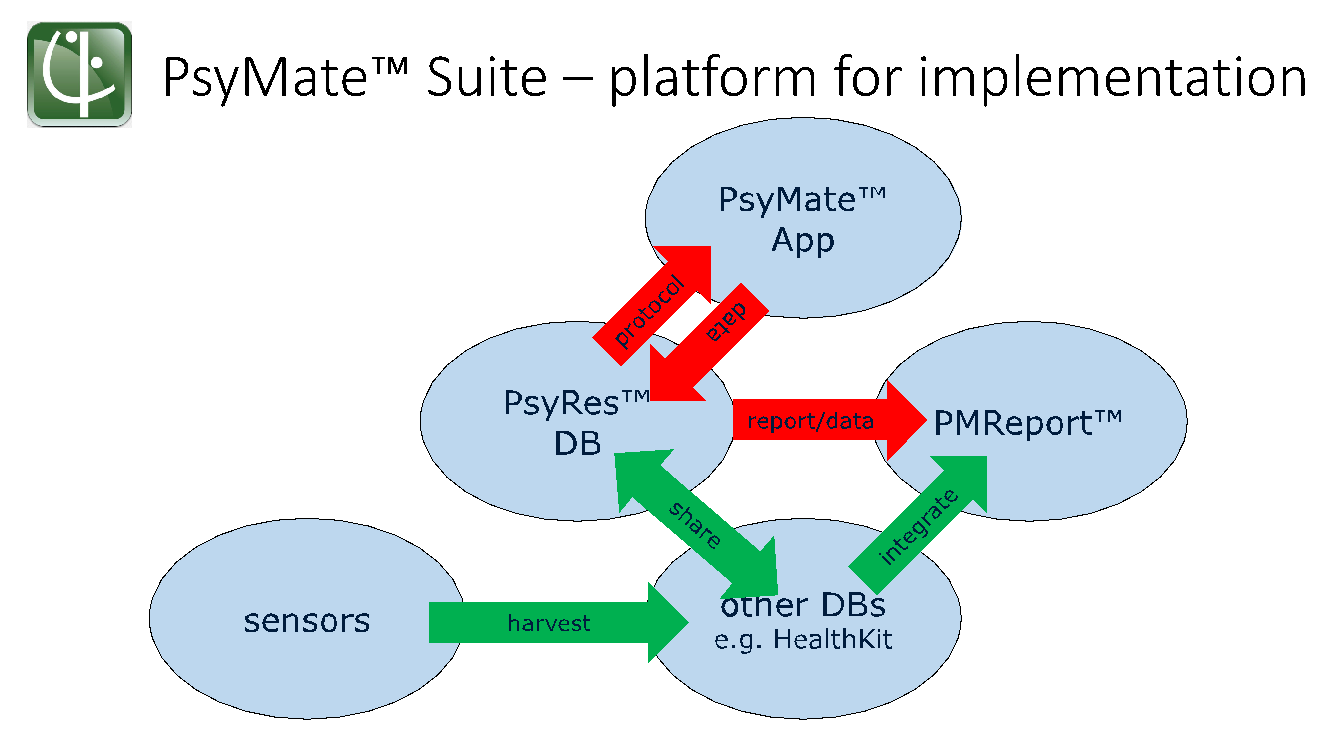Psychosis and Neurodevelopment
Crossroad
Research theme: Rehabilitation and Prevention
Clinical pillar: Psychosis and Neurodevelopment
For more than 30 years, the Experience Sampling Methodology (ESM) has been a cornerstone technology in the research of the department of Psychiatry and Neuropsychology at MUMC+.
Our centre is an international pioneer of the method and still heads the scientific benchmarks with more than 50 PhD and almost 200 publications. This work has primarily, but not exclusively, provided new insights into mechanisms underlying (paranoid) psychosis, psychosis risk among ethnic minorities, and functional outcomes of young people enrolled in specialised early intervention services for recent-onset psychosis. Recent developments include neurodevelopmental research, pain, cardiovascular monitoring and disease management. The methodology is also applied in positive health and self-management.
We also conduct both conceptual and applied ethical research at the interface of neuroscience/psychology and disordered human behaviour. We make use of philosophical reasoning as well as empirical qualitative research methods to better understand how a focus on neurodevelopment has an impact on relevant stakeholders and influences the perception of patients by both professionals as well as self.
Unique contributions and highlights
Many of these studies rely on the PsyMate™, a digital Experience Sampling Method (ESM) tool developed at Maastricht University, which allows for ambulatory behavioural monitoring in explorative phases of research, flexibility in large samples and customized solutions for clinical practice. The ESM methodology is ideally suited for assessments in positive health. Special attention is given to ethical aspects of neurobiologically informed means of prevention and intervention as well as information management and privacy.
Prominent activities at this intersection include studies on positive health, within- day symptom variation, contextual symptom variation [e.g. stress related], and fuzzy symptom monitoring.
The PsyMate App (v1)


